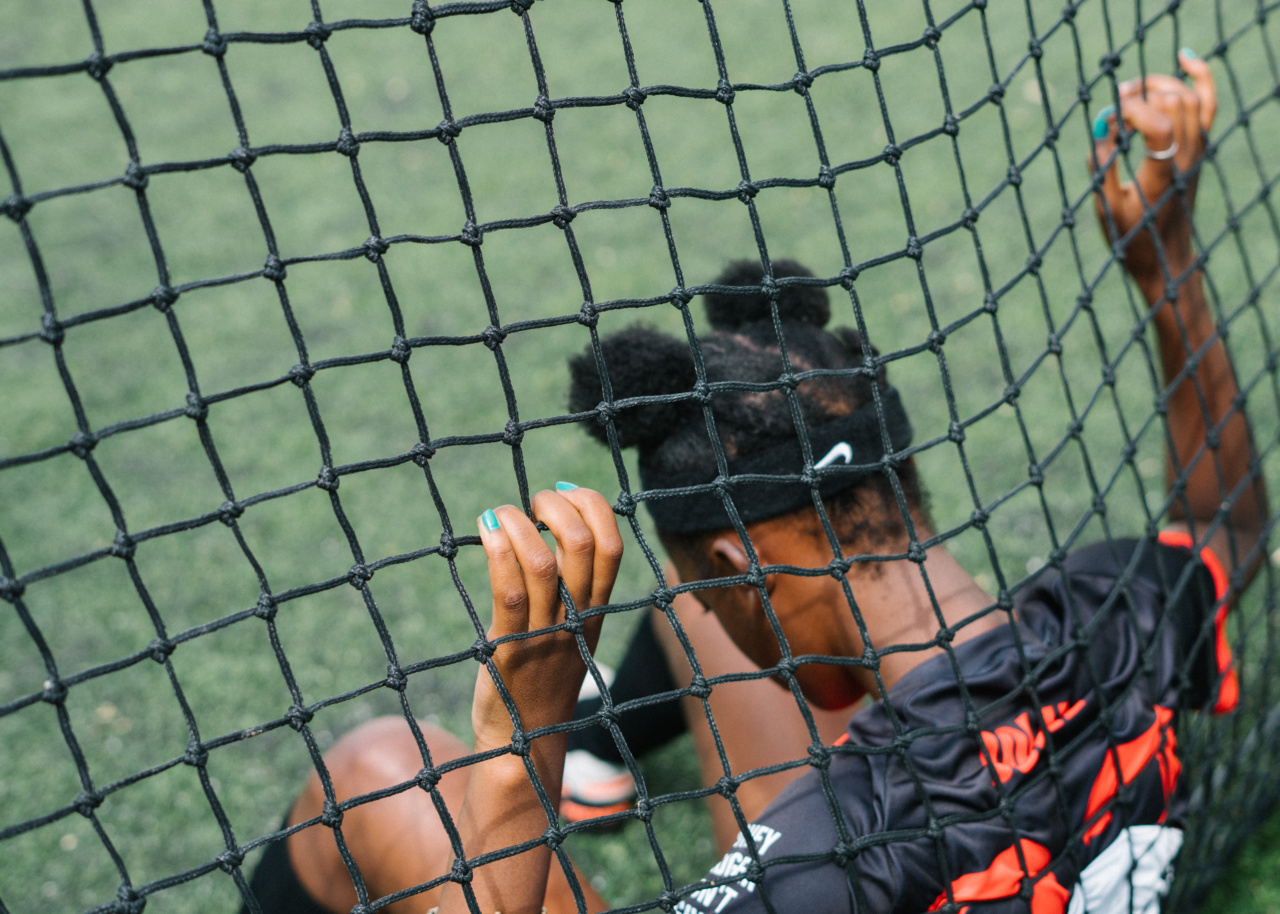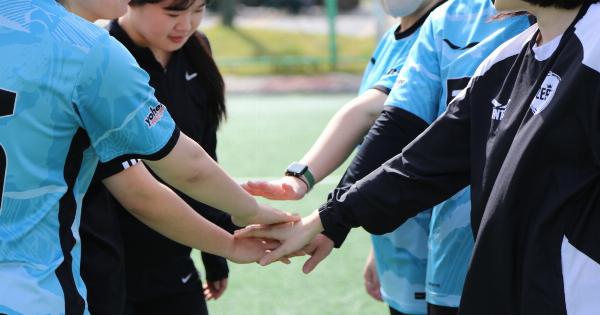Sports play a vital role in the development of a child. It not only helps in physical fitness but also promotes teamwork, discipline, perseverance, and overall well-being.
As parents, it is important to encourage children to participate in sports at an appropriate age to ensure a positive and enjoyable experience. However, determining when to start a child in sports can be a challenging decision. In this article, we will explore various factors that can help parents decide when to introduce their child to sports.
Early Childhood: Exploring Fundamental Movements
During early childhood, children are in the process of developing fundamental movements such as walking, running, jumping, throwing, and catching. These basic skills form the foundation for more complex sports activities.
Parents can start exposing their children to sports at a young age by engaging them in playful activities that involve these movements. Activities like throwing or kicking a ball, playing tag, or participating in toddler gymnastics classes can help children develop their motor skills while having fun.
School-Age: Introduction to Team Sports
As children enter school-age, they become more capable of understanding and following rules. This is an ideal time to introduce them to team sports.
Team sports like soccer, basketball, or baseball not only enhance physical development but also teach important values like cooperation and sportsmanship. Parents can enroll their children in local community leagues or school sports programs where they can learn the basics while enjoying the social aspect of playing on a team.
Interest and Eagerness
Every child is unique, and their readiness to engage in sports may vary. Some children display a natural interest and eagerness to participate in sports from an early age, while others may be more hesitant or lack motivation.
It is important for parents to observe their child’s interest in sports and provide opportunities accordingly. If a child shows a keen interest in a specific sport or expresses a desire to join a sports team, parents should support and nurture that interest.
Physical and Cognitive Development
Physical and cognitive development should also be considered when deciding when to start a child in sports.
While sports can provide numerous benefits, participation in certain activities may not be suitable until a child reaches a certain level of physical and cognitive development. For example, sports like football or rugby that involve more physical contact might be more appropriate for older children who have developed a certain level of strength and coordination.
Ability to Follow Instructions
The ability to listen and follow instructions is an important skill in sports. Parents should assess their child’s ability to understand and follow directions before introducing them to organized sports.
While young children may not have the focus or attention span required for structured sports, they can still participate in unstructured play and activities that promote physical fitness and coordination.
Overscheduling and Burnout
While sports can be beneficial for children, it is crucial to strike a balance and avoid overscheduling.
Enrolling a child in too many sports activities or pushing them beyond their capacity can lead to burnout and have a negative impact on their enjoyment and well-being. Parents should be mindful of their child’s workload, ensuring they have enough time for rest, school, and other leisure activities.
Consider Individual Preferences
As parents, it is essential to consider the individual preferences and goals of the child. Some children may gravitate towards individual sports like swimming or gymnastics, while others may prefer team-based activities.
It is important to respect a child’s choices and provide opportunities for them to explore their interests. By allowing children to participate in sports they truly enjoy, parents can help them develop a lifelong love for physical activity.
Psychological Readiness
Sports can be challenging both physically and mentally. Parents should assess their child’s psychological readiness to handle the competitive nature of sports.
Some children may thrive in a competitive environment, while others may find it overwhelming or stressful. It is important to have open and honest conversations with the child about their comfort level and provide support accordingly. Sports should be a positive and enjoyable experience, promoting self-confidence and personal growth.
Seeking Guidance from Professionals
If parents are unsure about the appropriate age to start their child in a particular sport, it can be beneficial to seek guidance from professionals.
Pediatricians, coaches, and sports instructors can provide valuable advice based on a child’s individual development and readiness. Their expertise can help parents make informed decisions and ensure their child’s sports experience is safe and age-appropriate.
The Importance of Free Play
While organized sports offer numerous benefits, it is crucial not to overlook the importance of free play.
Unstructured and spontaneous play allows children to explore their creativity, develop problem-solving skills, and foster a love for physical activity. Balancing organized sports with free playtime is essential for a child’s overall development.
Conclusion
Deciding when to start a child in sports is a personal decision that should consider various factors such as age, interest, physical development, and psychological readiness.
Early exposure to fundamental movements, introduction to team sports during school-age, and considering individual preferences can all contribute to a child’s positive sports experience. By promoting a healthy balance between organized sports and free play, parents can support their child’s physical and emotional growth, while instilling values that extend beyond the field.






























